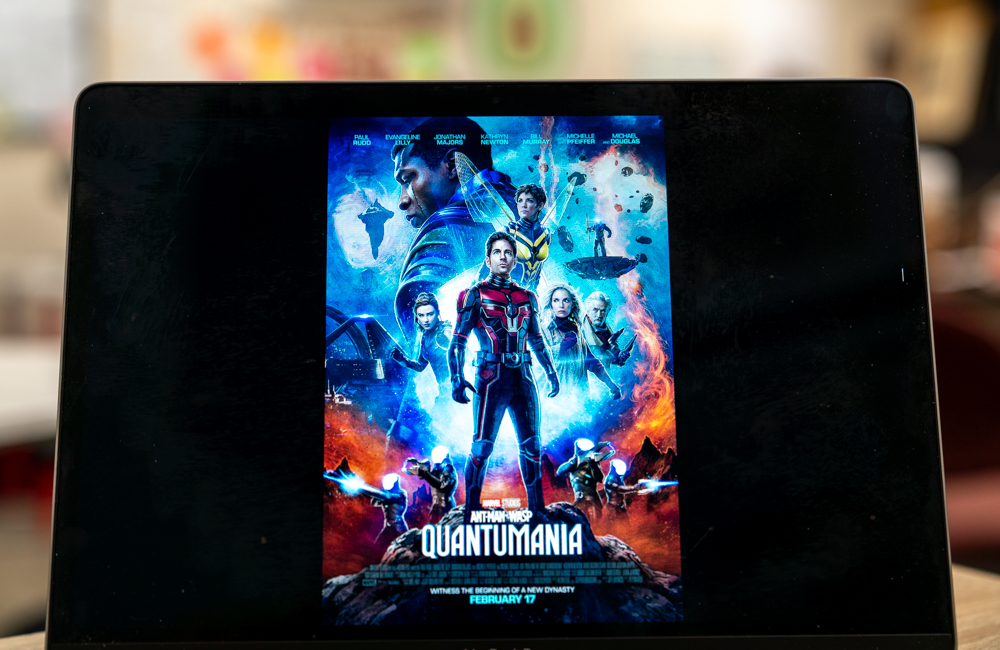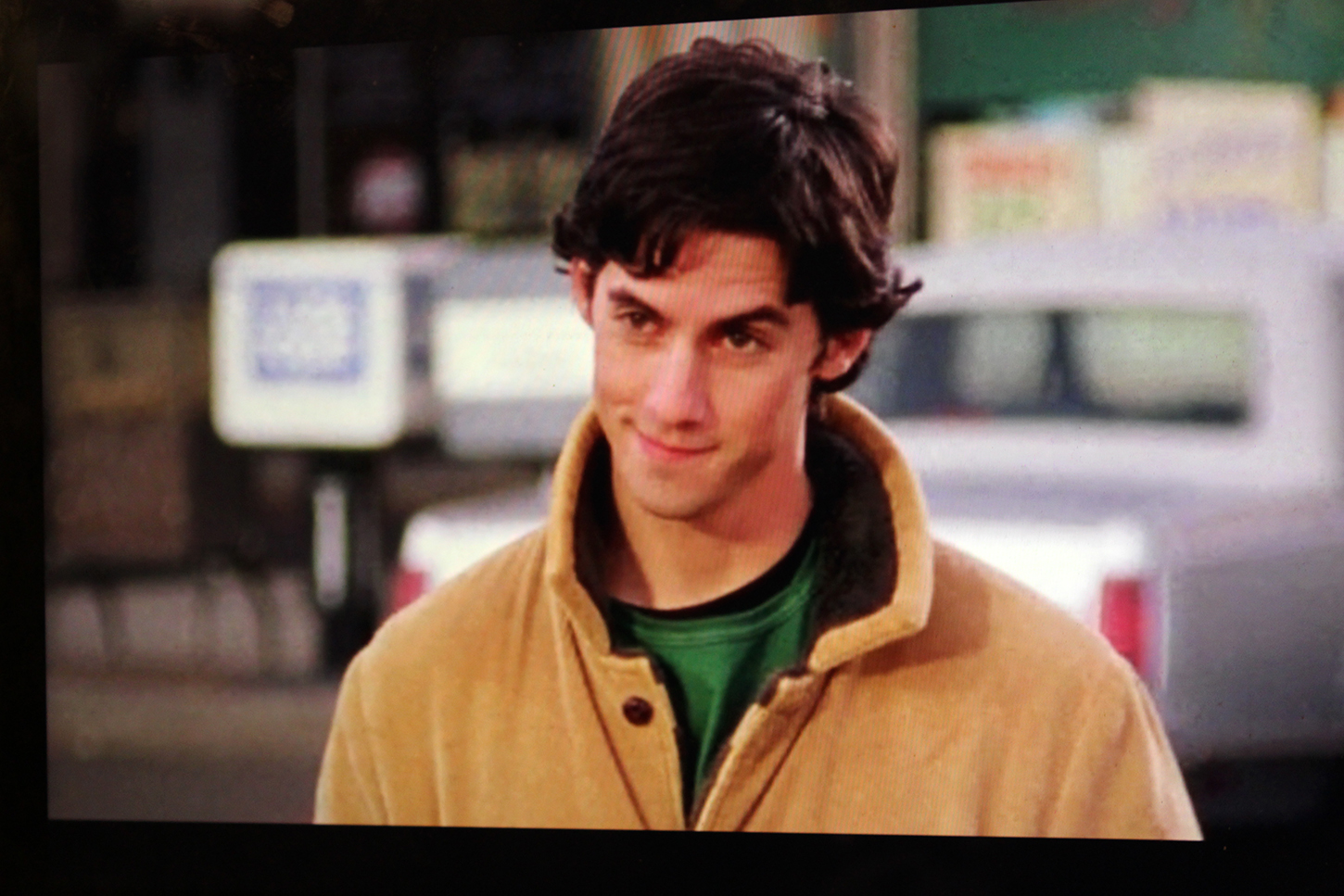Although infusing their films with an unmistakable style, Joel and Ethan Coen have never been known for making truly ‘personal’ films. While a director like Ingmar Bergman will air his existential struggles onscreen for all to see, the Coen brothers are usually more interested in telling a gripping story or creating memorable characters than using film as a true outlet for their thoughts or feelings.
That all changes with ‘A Serious Man,’ their most personal film since Barton Fink. Michael Stuhlbarg plays Larry Gropnik, a Jewish mathematics professor whose life begins taking a turn for the worse. His brother (Richard Kind) has moved into his house and shows no signs of getting a job, his son (Aaron Wolff) only speaks to him when he needs the TV antenna fixed, and his daughter (Jessica McManus) is at the teenage stage where she communicates in exclusively shrieks and huffs. Oh, and his wife (Sari Lennick) is shtupping (to borrow the Yiddish term) a man named Sy Abelman (Fred Melamed), which pretty much everybody feels is kosher because of what a ‘good guy’ Sy is. As all this and more piles up and Larry’s life spirals out of control, he begins to question just what kind of God would allow all this to happen.
Questions of heaven, hell, and three comical meetings with Larry’s local rabbis follow suit. ‘A Serious Man’ examines the question of what religion really offers us. Is it meant to comfort and console, or mislead and distract? Is everything an empty gesture or is there really a cosmic morality we are meant to follow?
‘A Serious Man’ becomes personal where other Coen films do not, because the Coens don’t distance themselves from the material here. Unlike their more recent films, there aren’t any big Hollywood names to distract here from what’s going on. ‘Fargo’ might be set in Minnesota, but the Coens were never a part of a murder, likewise they didn’t live in the Prohibition era in Miller’s Crossing. But they were raised Jewish, in the town where the film is set, born to parents who worked in academia. To bring these elements into a film, and to bring up spiritual questions like these, the directors must have some personal stance on the matter. And that’s precisely what makes the film so interesting.
To interpret the film on any sort of meaningful level, one has to imagine the Coens’ own spiritual struggle as a parallel. Like other personal films (‘Synecdoche, New York’ comes to mind), there are moments here that resist analysis. They may mean something only to Joel and Ethan, and may have some viewers leaving the theater scratching their head. Some may see that as a fau< perhaps it is. But there is no doubt that the issues at play here have turned the Coens, if only momentarily, into 'serious men.' This film is a much more mature effort than we're used to seeing from them. And for that reason, it shouldn't be missed.































































































































